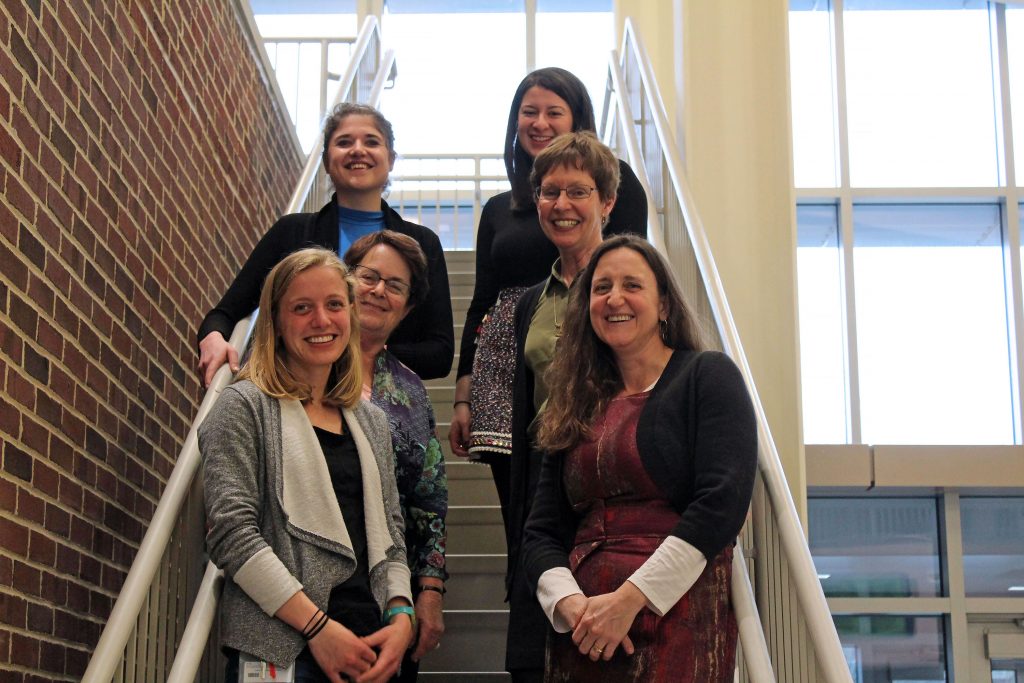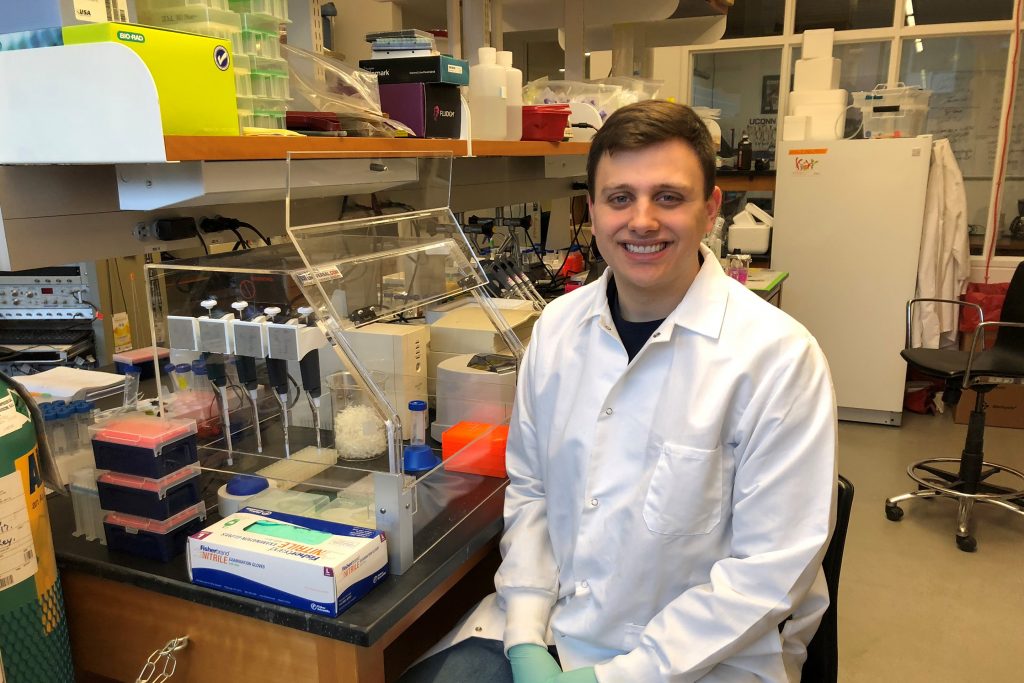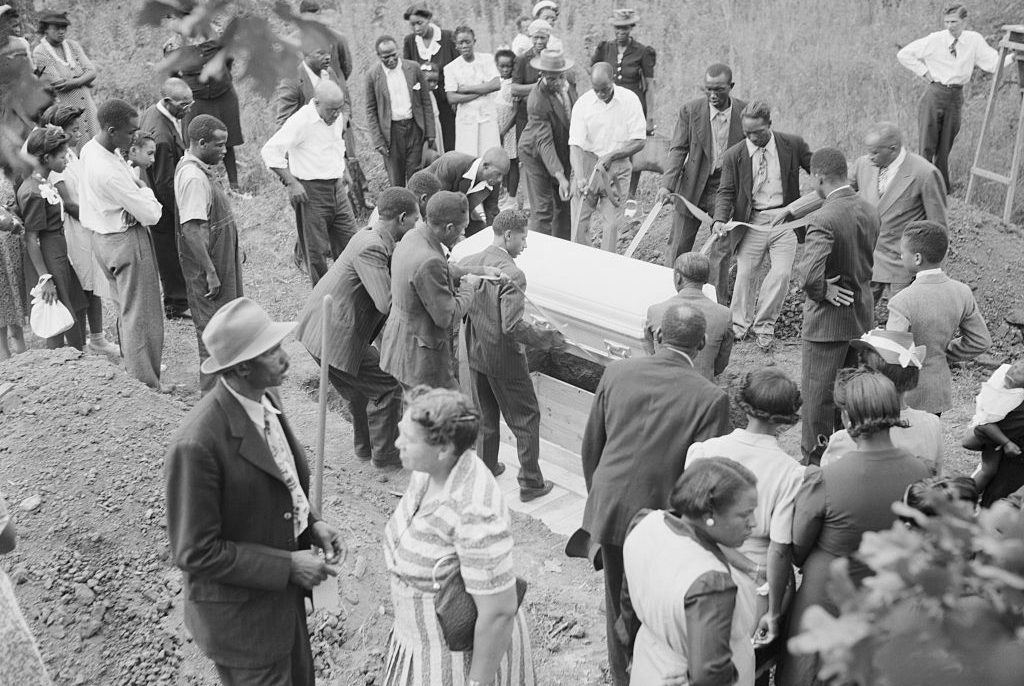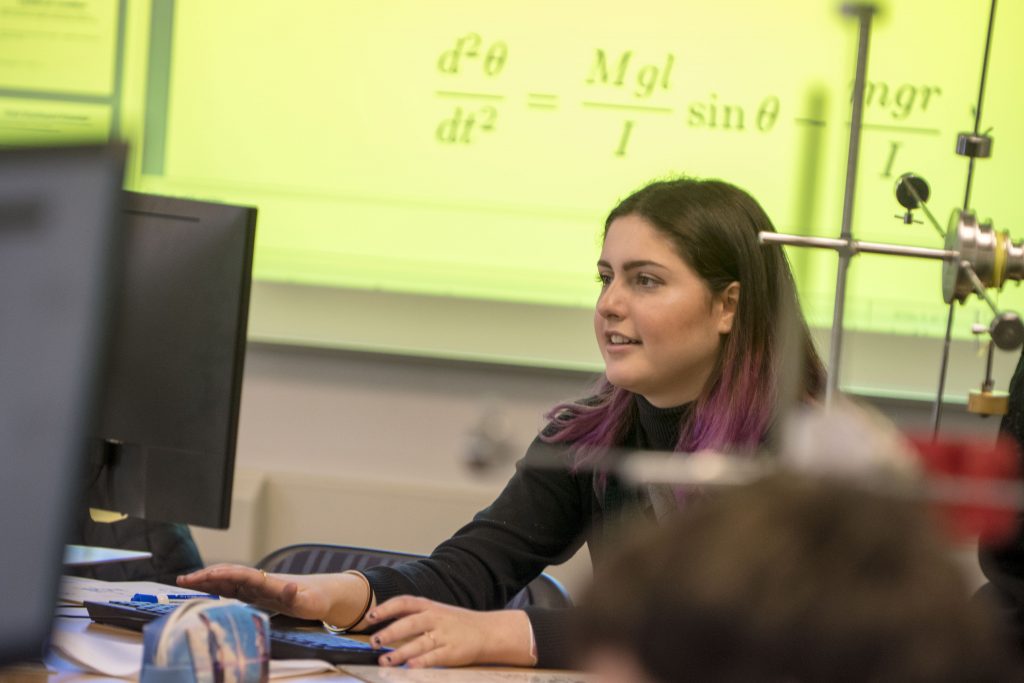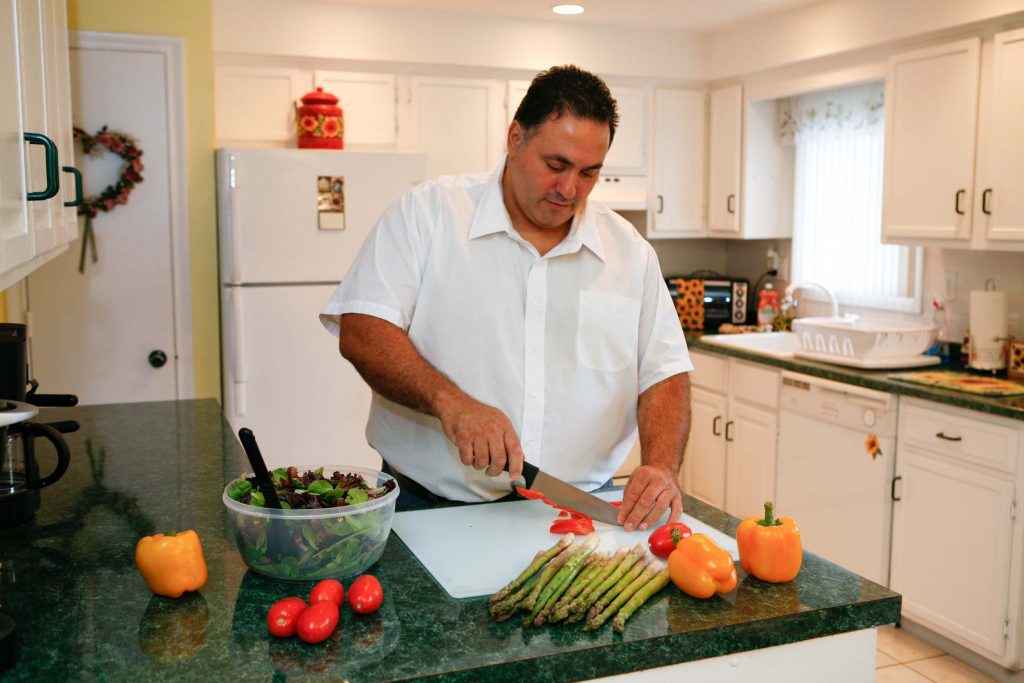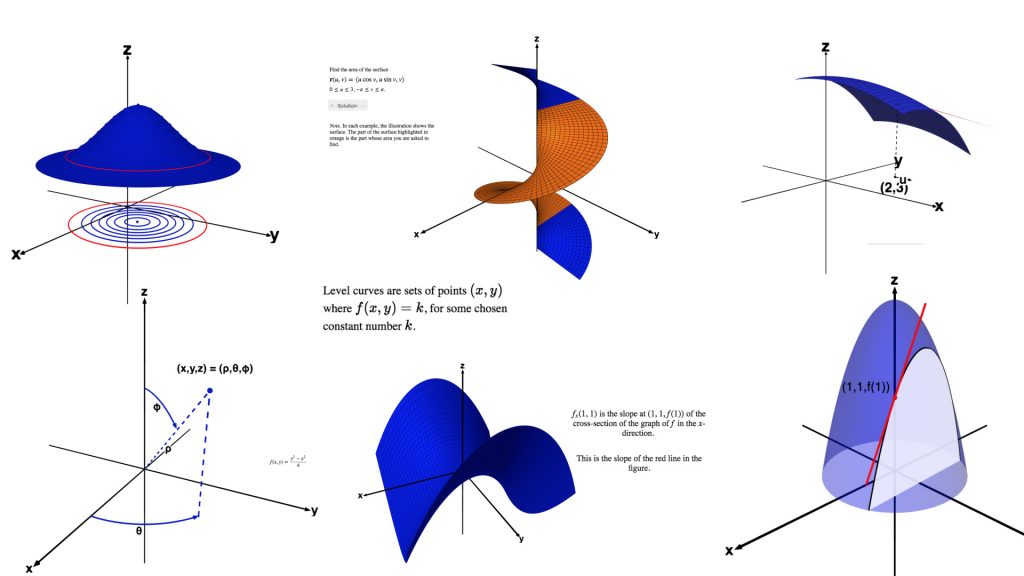College of Liberal Arts and Sciences
Op-ed: The Goal in Korea Should be Peace and Trade – not Unification
While Donald Trump, Xi Jinping, and Vladimir Putin may tweet and hold meetings, it is the nearly 80 million Koreans who will determine the future of how they will share their peninsula.
May 1, 2018 | Alexis Dudden, UConn Department of History; Joan E. Cho, Wesleyan University; Mary Alice Haddad, Wesleyan University.
New $3M Grant Studies Optimal Outcomes for Autism Spectrum Disorder in Adults and Teens
Researchers from UConn's professors Department of Psychological Sciences have received over $3 million from the National Institute of Mental Health to study optimal outcomes for autism spectrum disorder in adults and teens.
April 30, 2018 | Anna Zarra Aldrich '20 (CLAS), Office of the Vice President for Research
Meet The Researcher: Colin Cleary, UConn College of Liberal Arts & Sciences
Colin Cleary, a doctoral student in the Department of Physiology and Neurobiology (PNB), recently won a highly competitive National Research Service Award from the National Institutes of Health.
April 26, 2018 | Anna Zarra Aldrich '20 (CLAS), Office of the Vice President for Research
Meet the Researcher: Colin Cleary, Physiology and Neurobiology
“Undergraduates can publish original research.” This statement made by Colin Cleary, a first year doctoral student in the Department of Physiology and Neurobiology (PNB) at the University of Connecticut, is certainly true, as Cleary’s own standout educational track proves. Cleary was recently awarded a prestigious Ruth L. Kirschstein National Research Service Award (NRSA) Predoctoral Fellowship […]
April 26, 2018 | Anna Zarra Aldrich '20 (CLAS), Office of the Vice President for Research
Lynching Memorial Will Show That Women Were Victims, Too
Not all victims of lynching were African-American men, says political scientist Evelyn Simien. A new memorial to the victims – including women and children – opened April 26 in Alabama.
April 26, 2018 | Evelyn M. Simien, Department of Political Science and Africana Studies Institute
A Hands-on Approach to Learning Physics
Take a peek inside a newly renovated physics classroom where students are learning concepts through hands-on activities integrated into lectures.
April 25, 2018 | Garrett Spahn '18 (CLAS) & Elaina Hancock
CLAS, Engineering Launch International Engineering Program
The dual-degree tracks combine CLAS programs in French, Spanish, Chinese, or German language and culture with an engineering field to create a “destination program” for UConn.
April 24, 2018 | Christine Buckley
Role of Religious Beliefs in Physical Health and Well-Being
Crystal Park, a professor in the UConn’s Department of Psychological Sciences has received $234,800 from the John Templeton Foundation to study the role of religious beliefs in physical health and well-being. While all religions have certain traditions and beliefs associated with them, not all followers adhere to beliefs in the same way. Some research suggests […]
April 24, 2018 | Anna Zarra Aldrich '20 (CLAS), Office of the Vice President for Research
Men May Experience Weight Stigma as Much as Women
A new study by the UConn Rudd Center finds that a significant portion of adult American men report being mistreated about their weight.
April 24, 2018 | Daniel P. Jones, UConn Rudd Center
Complex Math Visuals are This Researcher’s Handiwork
Visuals can help students learn complex math, says David Nichols at UConn. Just not ones he has drawn by hand.
April 23, 2018 | Elaina Hancock

